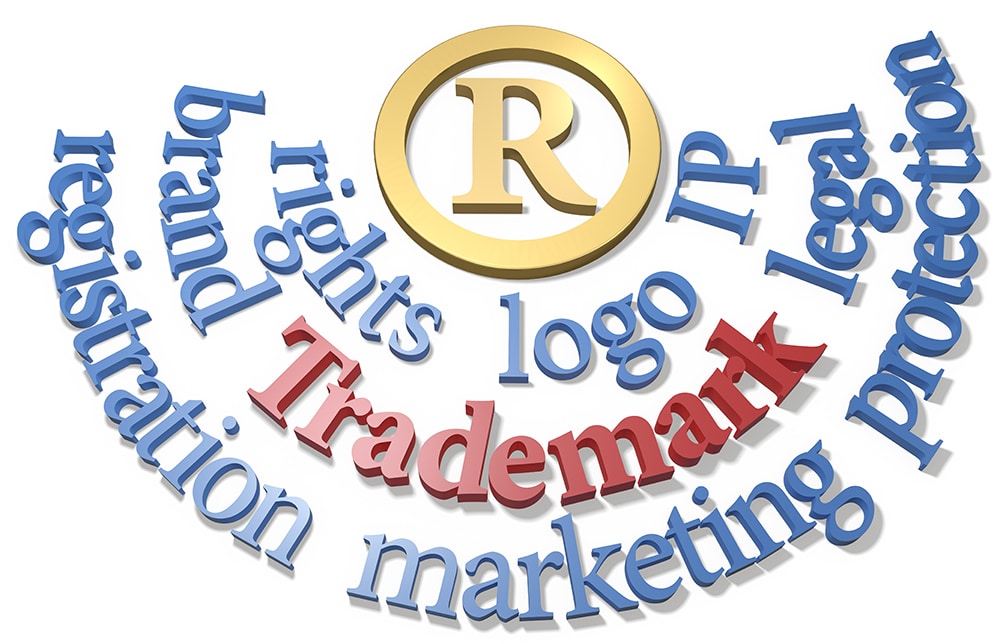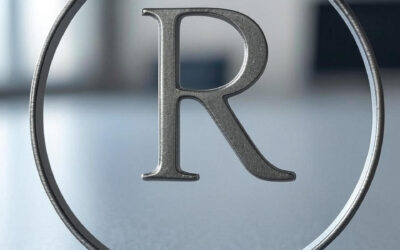US Trademark Office Cancels Marvel, DC’s ‘Super Hero’ Marks
A David vs. Goliath Story That Ended in Victory for the Public Domain
In a stunning turn of events that reads like a comic book plot itself, the U.S. Patent and Trademark Office’s Trademark Trial and Appeal Board (TTAB) has canceled four longstanding trademarks for “Super Hero” and “Super Heroes” jointly owned by comic book giants Marvel and DC Comics.¹ The September 26, 2024 decision marks the end of a 57-year monopoly on terms that have become synonymous with an entire entertainment genre.²
The Unlikely Hero: Superbabies Limited
The cancellation was initiated by Superbabies Limited, a small London-based company created by comic writer S.J. Richold.³ Richold produces a comic book series about super-powered babies called “The Super Babies.” When DC Comics attempted to block promotion of his series, arguing it infringed on their “Super Hero” trademarks, Richold decided to fight back—not just for his own work, but for the creative freedom of all storytellers.⁴
“This is not just a win for our client but a victory for creativity and innovation,” said Adam Adler of Reichman Jorgensen Lehman & Feldberg, representing Superbabies. “By establishing SUPER HEROES’ place in the public domain, we safeguard it as a symbol of heroism available to all storytellers.”⁵
An Unusual Alliance Comes to an End
Since 1967, bitter rivals Marvel Comics (home to Spider-Man, Captain America, and the Avengers) and DC Comics (creators of Batman, Superman, and Wonder Woman) have maintained joint ownership of the “Super Hero” and “Super Heroes” trademarks.⁶ This unusual cooperation between competitors allowed them to control use of these fundamental terms across the entertainment industry.
The canceled trademarks included:
- “SUPER HERO” for masquerade costumes (registered 1967)⁷
- “SUPER HEROES” for entertainment services
- Additional related marks for various goods and services
Over the decades, Marvel and DC used these marks to oppose dozens of superhero-related trademark applications at the USPTO, effectively gatekeeping an entire genre of entertainment.⁸
Victory by Default
What makes this case particularly remarkable is how it was won. In May 2024, Superbabies petitioned the TTAB to cancel the marks, arguing that Marvel and DC “cannot claim ownership over an entire genre” and that two competitors cannot legally own trademarks together.⁹
Marvel and DC’s response deadline was July 24, 2024. Despite filing a notice of appearance and requesting an extension, both companies failed to file an answer by the deadline.¹⁰ This led to a default judgment in favor of Superbabies—essentially, the comic book titans forfeited one of their most valuable intellectual property assets.¹¹
Why did Marvel and DC, companies with vast legal resources and billions in revenue from superhero properties, simply walk away from these trademarks? Legal experts speculate that the companies may have recognized the terms had become too generic to defend successfully, or perhaps wanted to avoid negative publicity from aggressively defending what many viewed as an overreach.
A Victory for Generic Terms
The case highlights a fundamental principle of trademark law: terms that become generic lose their trademark protection. Words like “aspirin,” “escalator,” “zipper,” and “yo-yo” were once trademarks but entered the public domain when they became common descriptive terms.¹²
“Super Hero” appears to have followed the same path. The terms have become so ubiquitous in popular culture that they describe an entire genre rather than identifying specific sources of entertainment. Remarkably, even the USPTO itself seemed to recognize this—several trademark registrations already included “superhero” in their descriptions of goods and services, suggesting the office didn’t view it as a protected mark.¹³
What This Means for Creators
The cancellation opens significant opportunities for creative freedom. Independent comic creators, filmmakers, game developers, and other content creators can now use “Super Hero” and “Super Heroes” without fear of litigation from Marvel or DC. This could lead to an explosion of new superhero content from smaller creators who were previously intimidated by potential trademark challenges.
However, it’s important to note what this decision doesn’t affect. Specific character names like “Superman,” “Spider-Man,” “Batman,” and “Wonder Woman” remain fully protected under separate trademarks and copyrights. Marvel and DC retain all rights to their individual characters and storylines.
The Broader Impact
This case represents more than just a trademark dispute—it’s about the balance between intellectual property protection and creative freedom. While companies deserve protection for their specific creations and brands, allowing them to monopolize fundamental descriptive terms can stifle innovation and limit artistic expression.
The decision also demonstrates the power of the TTAB’s default judgment process. When trademark holders fail to defend their marks, they risk losing them regardless of their size or resources. This serves as a reminder that all trademark owners must actively protect their rights or risk abandonment.
Looking Forward
Marvel and DC still have options to appeal the TTAB’s decision to federal court, though neither company has announced plans to do so. Given their failure to respond to the initial challenge, an appeal seems unlikely.
The terms “Super Hero” and “Super Heroes” now join the public domain, available for use by anyone. This democratization of superhero terminology may herald a new era of diverse voices and perspectives in the superhero genre—proving that sometimes, the real superpower is creative freedom.
As Superbabies’ victory shows, even the mightiest corporations can be defeated when their claims overreach the bounds of reasonable trademark protection. In this case, justice—and the public domain—prevailed.
*The case was Superbabies Ltd v. Marvel Characters Inc, Trademark Trial and Appeal Board, Cancellation No. 92085201.*¹⁴
Sources
-
Womble Bond Dickinson, “It’s a Bird, It’s a Plane—It’s in the Public Domain! USPTO Cancels Marvel and DC Comics’ Trademarks for SUPER HERO and SUPER HEROES,” September 2024.
-
Reuters, “US Trademark Office cancels Marvel, DC’s ‘Super Hero’ marks,” September 26, 2024.
-
Id.
-
Superbabies Limited press release via legal counsel, September 2024.
-
Reuters, “US Trademark Office cancels Marvel, DC’s ‘Super Hero’ marks,” September 26, 2024 (quoting Adam Adler).
-
MikeLegal, “USPTO Tribunal Cancels ‘Superhero’ Trademarks: When Superbabies took down Superheroes,” October 1, 2024.
-
Lloyd & Mousilli, “The End of an Era: Marvel and DC’s Joint ‘Super Hero’ Trademark Faces Cancellation,” 2024.
-
Reuters, “US Trademark Office cancels Marvel, DC’s ‘Super Hero’ marks,” September 26, 2024.
-
Id.
-
Womble Bond Dickinson, “It’s a Bird, It’s a Plane—It’s in the Public Domain!” September 2024.
-
Id.
-
Id.
-
Lloyd & Mousilli, “The End of an Era: Marvel and DC’s Joint ‘Super Hero’ Trademark Faces Cancellation,” 2024.
-
Reuters, “US Trademark Office cancels Marvel, DC’s ‘Super Hero’ marks,” September 26, 2024.




